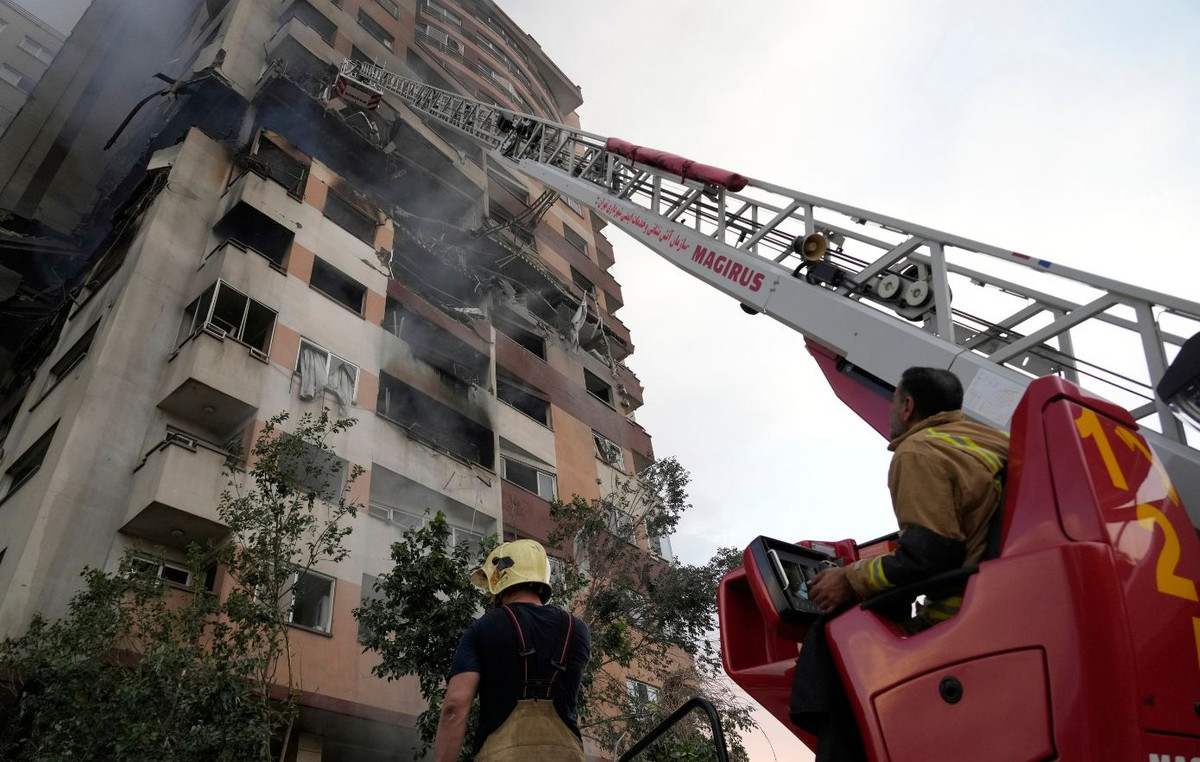After more than ten months of the beginning of the cycle of high interest rates in Brazil, the time has come for the Central Bank (BC) to grant itself flexibility to reduce the pace of monetary tightening, said the chief economist at Bradesco, Fernando Honorato.
The Central Bank’s Monetary Policy Committee (Copom) meets next week and already in December announced its intention to raise the country’s basic interest rate, the Selic, by 1.5 percentage points – a magnitude in progress since October. The next meeting is scheduled for March.
“I imagine that the BC writes a statement with enough flexibility to replicate the 150 basis point hike in March or do less if conditions allow,” Honorato said in an interview with Reuters last Tuesday.
“The time has come for the BC to give itself flexibility to be able to do less or equal”.
According to the economist, considering a scenario in which inflation is in line with the BC’s reading, two discussions can be inserted or highlighted publicly by the authority to justify a reduction in the pace of interest rate hikes: the lag and the strength of monetary policy.
“At some point, (BC) will have to look at the whole picture and wait a little for the effects. I know it’s distressing for the BC to see expectations growing, current inflation not letting up, but it’s that thing… Monetary policy works with a lag.”
The BC started cutting the Selic in July 2019 and accelerated the reduction after the outbreak of the pandemic, already in 2020, taking interest rates to a historic minimum of 2% in August of that year.
But as of March 2021, the rate was raised again, uninterruptedly and at an increasing pace, as current data and inflation expectations worsened. Today, it is at 9.25% per year, and the prospect is that it will reach 10.75% next Wednesday, which would be the highest level since May 2017.
Regarding the power of interest rate hikes, Honorato stated that it is the first time that the country will feel “the effect of a monetary tightening under a new regime of targeted credit reduction”, mentioning that the interest rates charged by public banks in the in the past were the result of more subsidy.
In 2017, with the government still under the command of Michel Temer, the creation of the TLP, Long-Term Rate, was announced to gradually replace the TJLP, Long-Term Interest Rate, as a reference in the contracts of the National Economic Development Bank (BNDES). ).
One of the objectives was to make monetary policy more effective, with a rate more aligned with the market, since for decades the TJLP was below the country’s benchmark lending rate. The last cycle of interest rate hikes before 2021 ended in 2015.
Bradesco sees the Selic reaching 11.75% in March, but Honorato predicted that the rate could reach 12.25% between March and May, depending on economic conditions, and should fall again after the presidential election, scheduled for October. .
The private bank should release a new review of the economic scenario for Brazil in the coming weeks.
Fuels PEC
For the economist, the discussion about a Proposed Amendment to the Constitution (PEC) to reduce federal taxes PIS-Cofins that are levied on fuel is more of a concern in the fiscal sphere than the pressure of civil servants for salary readjustments.
“I think (the PEC) is much more serious from the fiscal point of view, because it will be circumventing the fiscal institution”, he said.
President Jair Bolsonaro confirmed that he is negotiating with Congress a PEC in this area. Among the few details disclosed so far is the possibility of including state taxes in the project.
According to Honorato, giving up billions of reais in revenue to lower fuel prices would be circumventing fiscal responsibility by alleging maintenance of the ceiling. “Giving up revenue without compensating is weakening the fiscal,” he said, citing high levels of the country’s indebtedness.
As for the pressure from servers for readjustments, he said that “any solution outside the ceiling would be horrible, but I’m not considering that hypothesis, so I’m giving it a certain ‘downplay’ (minimizing)”.
Bolsonaro sanctioned the 2022 Budget with 1.7 billion reais set aside for salary readjustments promised by him to federal police officers, federal highway officers and prison guards. The authorization of the budget sparked a wave of protests in other categories of the public service, and the government has recently argued that the gavel has not been beaten on the execution of the adjustment.
Reference: CNN Brasil
I am Sophia william, author of World Stock Market. I have a degree in journalism from the University of Missouri and I have worked as a reporter for several news websites. I have a passion for writing and informing people about the latest news and events happening in the world. I strive to be accurate and unbiased in my reporting, and I hope to provide readers with valuable information that they can use to make informed decisions.







